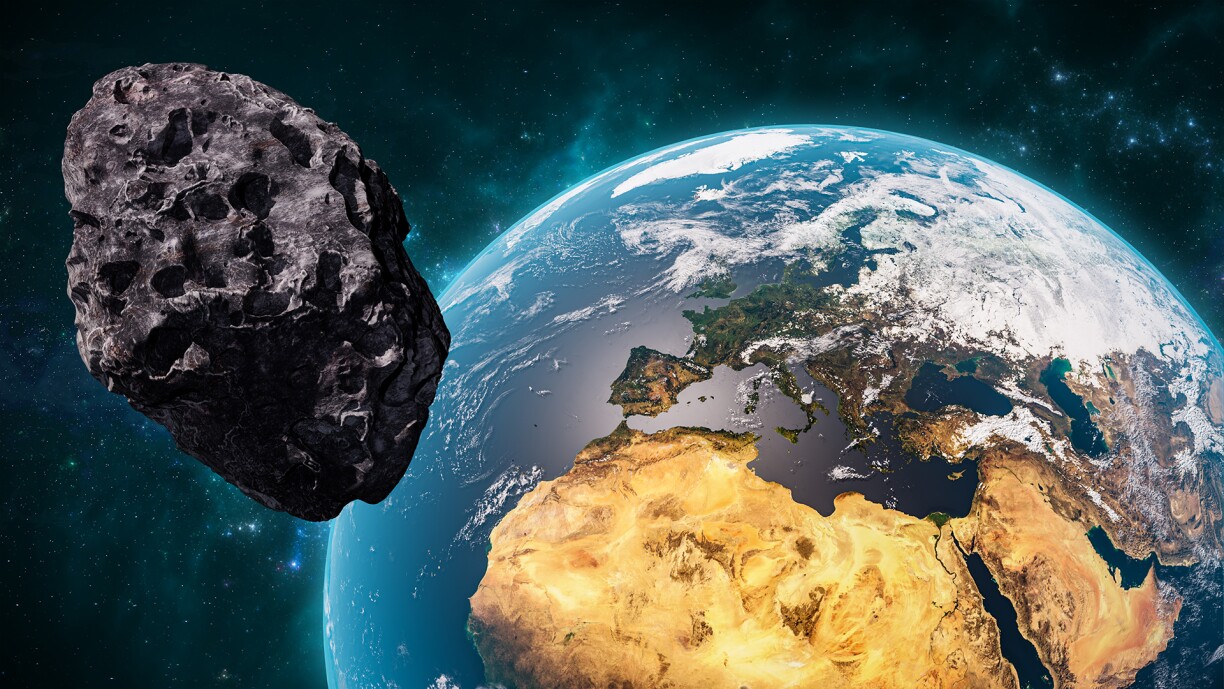
The Asteroid Foundation has unveiled the programme for the tenth edition of Asteroid Day, set to take place in Luxembourg. This annual event gathers astronauts, scientists, and space industry professionals to raise awareness about the critical role asteroids play in our solar system – from unlocking insights into planetary formation and evolution to assessing potential threats to Earth and exploring the sustainable use of space resources.
Asteroid Day was co-founded in 2014 by Queen guitarist and astrophysicist Brian May, US astronaut Rusty Schweickart, and the Californian B612 Foundation. In 2016, it gained global recognition when the United Nations designated 30 June as International Asteroid Day.
The date marks the anniversary of the Tunguska event, when an asteroid exploded over a remote Siberian forest on 30 June 1908. The blast flattened some 2,000 km² of forest, releasing energy estimated to be 10-15 megatons, nearly 1,000 times more powerful than the Hiroshima bomb. Experts estimate that impacts of this magnitude occur roughly once every 300 years.
While major asteroid impacts are rare, recent events serve as stark reminders of the risks. In 2013, a 20-metre asteroid entered Earth’s atmosphere and exploded over Chelyabinsk, Russia, injuring more than 1,300 people. According to astronomer Daniel Hestroffer of the Paris Observatory, most of the injuries occurred when onlookers, drawn to their windows by the bright flash, were struck by shattered glass as the shock wave hit moments later.
To prevent such surprises, scientists have increased efforts to monitor near-Earth objects (NEOs), asteroids that pass close to our planet. Researchers now track 95% of NEOs larger than one kilometre in diameter and have identified over 1,700 “potentially hazardous” asteroids larger than 140 metres.
Although none of the known near-Earth objects currently pose a threat within the next century, space agencies continue to stress the importance of preparedness. Rolf Densing, Director of the European Space Operations Centre (ESOC), cautions that while the risk of a major impact during any single lifetime is low, the long-term threat remains real. “We don’t yet have active planetary defence capabilities,” he said. “But we must develop them.”
Organised by the Asteroid Foundation with support from the Luxembourg Space Agency (LSA), this year’s programme shines a spotlight on recent advances in asteroid research, ongoing and upcoming space missions, and emerging technologies aimed at making space exploration more sustainable and secure.
More information and the full programme are available on the official Asteroid Day website.